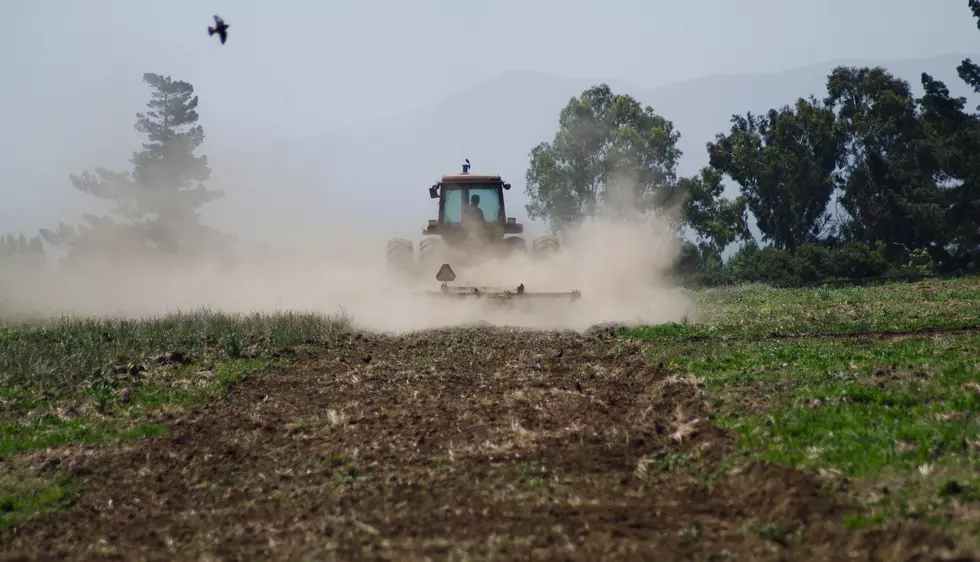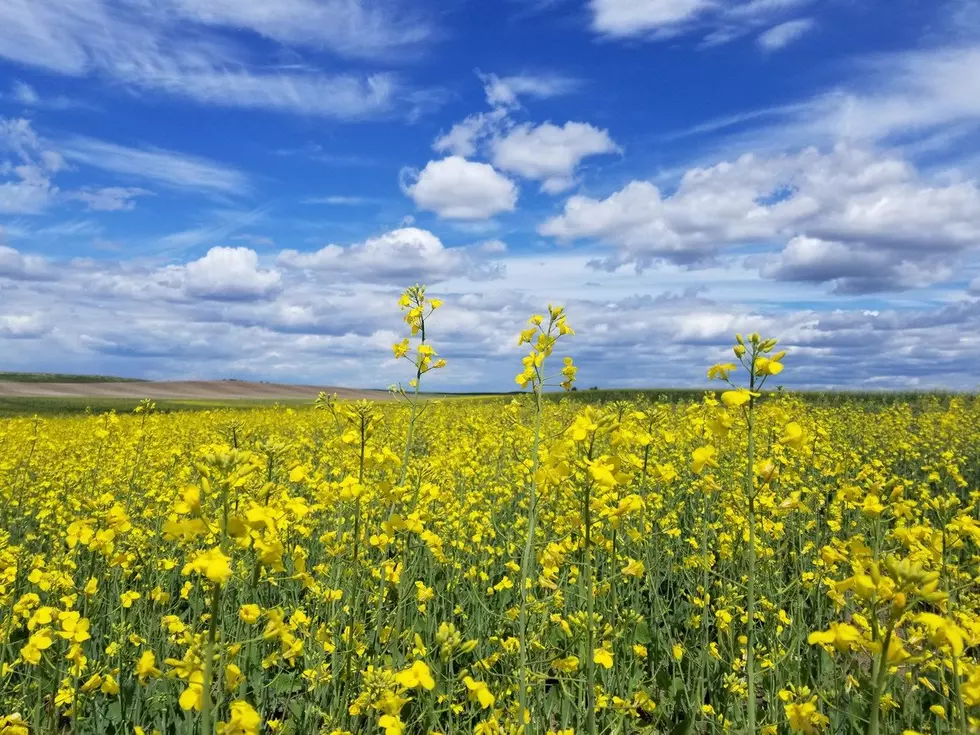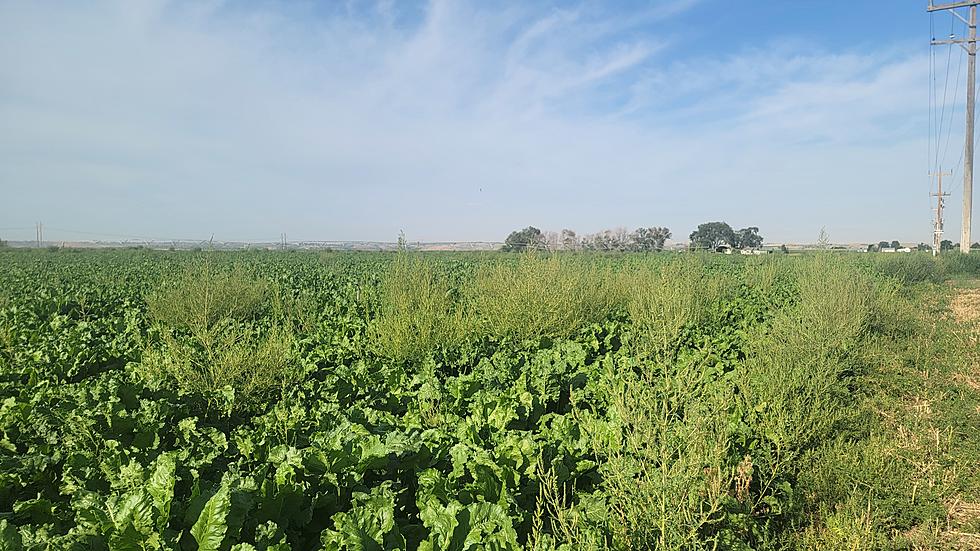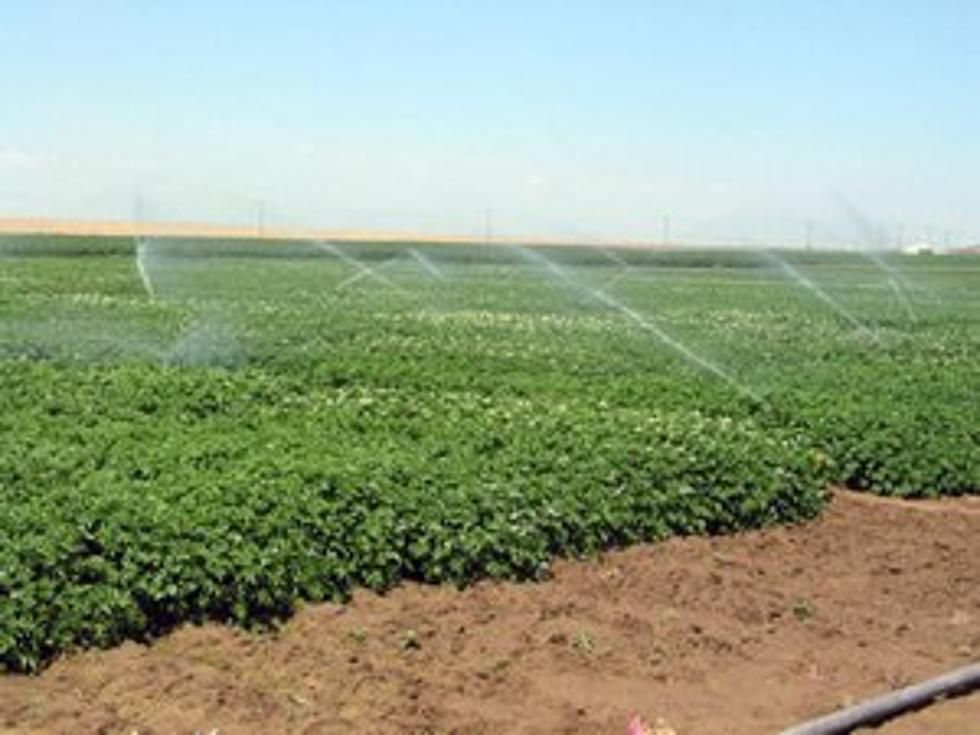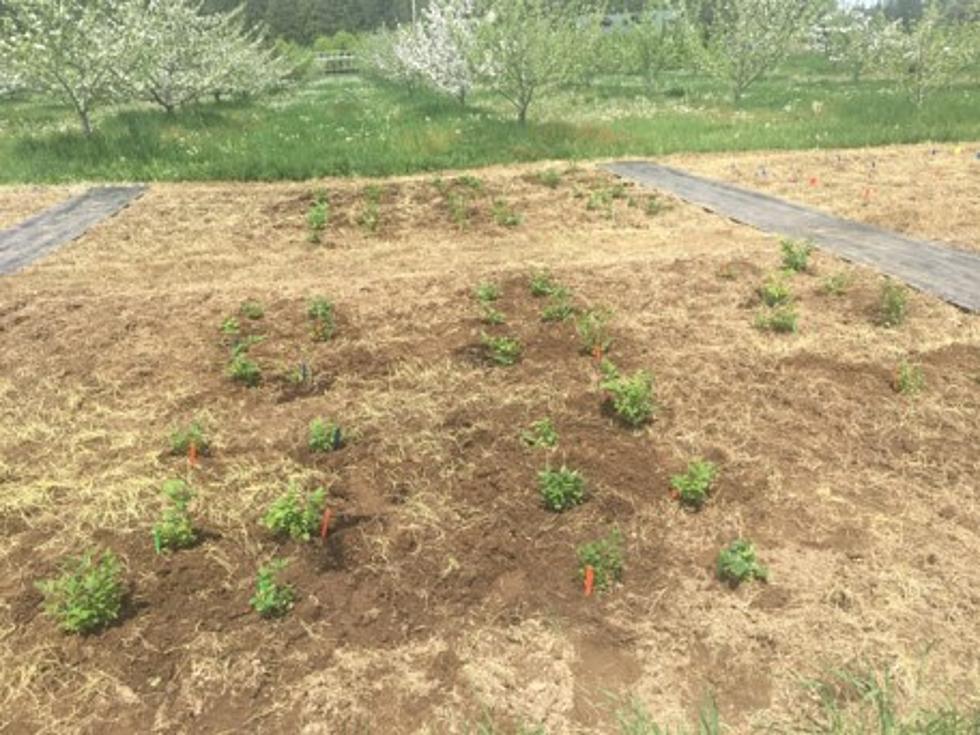
UI: Study Back-To-Back Low Snow Years More Common In The Future
According to a study led by the University of Idaho, consecutive low snow years may become six times more common across the western U.S. in the second half of this century. That study, recently published in the journal Geophysical Research Letters.
“We’ll get less snow, and it will melt earlier, and our findings are that we can expect especially bad snow years to happen multiple years in a row much more frequently in the future,” said U of I researcher Adrienne Marshall.
She noted that previous research shows warming temperatures linked to climate change will generally reduce snowpack and lead to earlier snowmelt across the west, but the year-to-year variability of snowpack had not been established. Snowpack historically peaks in April, but between 2050-2079, projections predict snowpacks will peak in March.
Going forward, Marshall said it’s important farmers and those that live off the land talk with scientists how this reduced snowpack could impact operations in to the future.
“So in order to really figure out how to address this problem, it takes not just scientists, we can make these projections about what’s going to happen to snow, but it’s also important we get input from farming and forest communities that really know their systems and are the experts in their systems.”
The research paper also suggested that reservoir managers should develop adaptation strategies to account for increases in snow droughts and more inconsistent timing of snow melt.
If you have a story idea for the Washington Ag Network, call (509) 547-1618, or e-mail gvaagen@cherrycreekradio.com
More From PNW Ag Network


